‘Twin Peaks: The Return’ Parts 1&2 Recap: Welcome To Trollsville, Suckers
We have a lot to talk about.

This is a recap of Parts 1 and 2 of the new Twin Peaks. Spoilers!
–
Twin Peaks, one of the definitive cultural lightning rods of the early 1990s, has returned. Yes, after over 25 years off the air, the two-season TV drama, created by arthouse auteur David Lynch and his writing partner Mark Frost, is back on our screens with a new batch of episodes, Twin Peaks: The Return.
I have been tasked with the rather daunting job of recapping the new series, which is a tricky thing because if anything resists our new critical culture of the overnight recap, it’s Twin Peaks. The series was, even in its early and most popular days, often like transcriptions of a dream (or a nightmare). It resists the quick-fire hot take, and individual episodes are sometimes so deliberately obtuse they are, in parts, indescribable and utterly resistant to critical analysis. So how can one recap the “unrecappable”?
that #twinpeaks revival pic.twitter.com/GGIiFSv4pi
— ? (@roguewonder) May 22, 2017
Oh well, I’m gonna try! Grab your saddle shoes and a cup of damn fine coffee, and let’s jump into our very own David Lynch Dream Diary.
Dear Diary,
Here we are, in this strange new world with our strange new Twin Peaks. We’re back in town (some of the time, at least) and the theme music is the same (tuuuuuuneeeee), but tbh there’s not a lot more that feels familiar here. The camera pans over a foggy Washington State pine forest, as in the opening to a Twilight film (because no mention of Washington State is complete now without a reference to Stephanie Meyer), and we’re plunged deep into the Uncanny Valley.
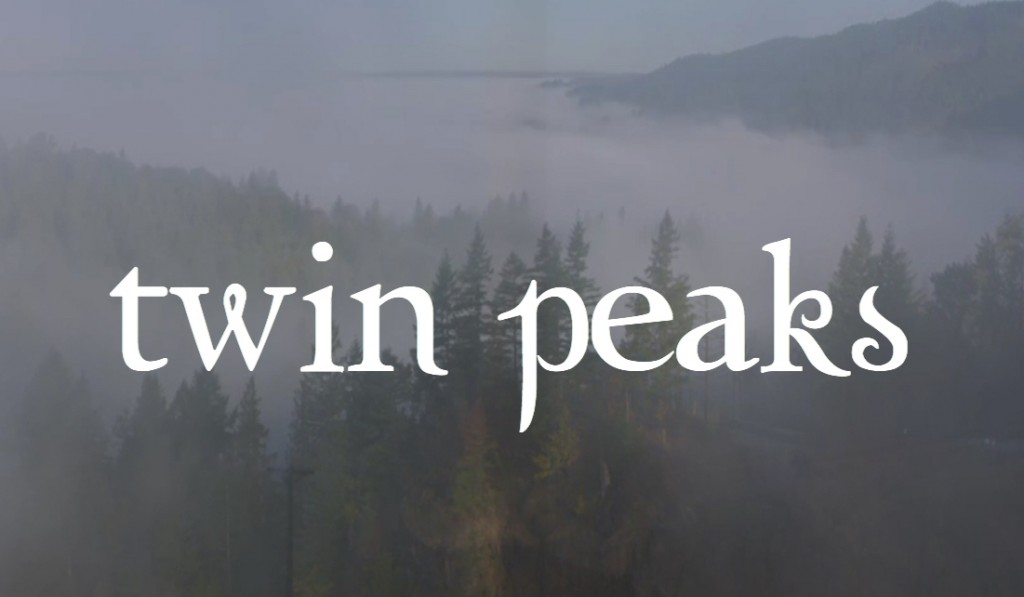
I suppose there’s something very Lynchian about the feeling that a thing is familiar and also a little bit NQR. Maybe TP:TR is entirely populated by doppelgängers of our favourite returning cast members — they may look (mostly) the same but they sure as heck don’t act the same or even really *feel* the same.
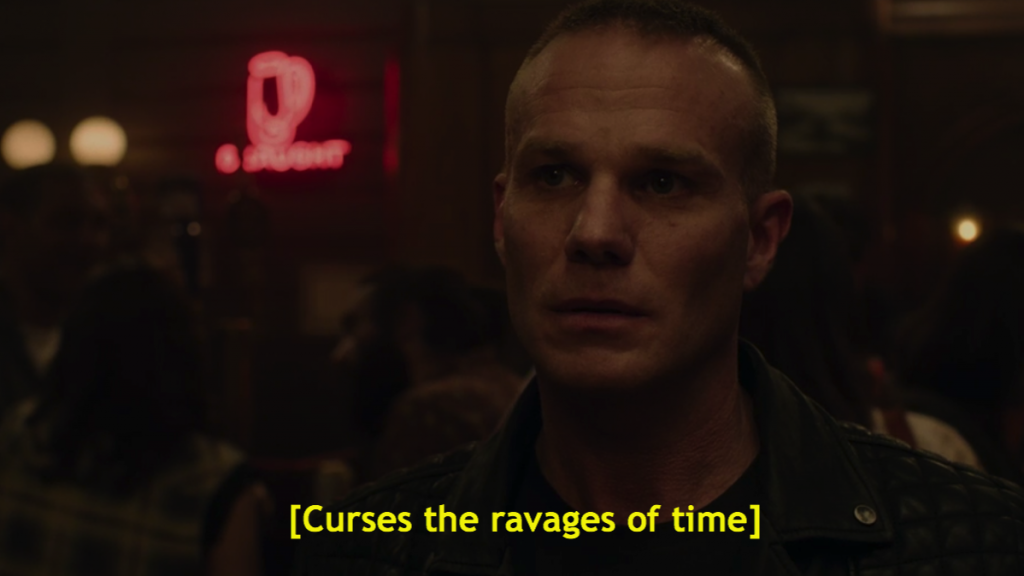
It’s hard to imagine now, having seen the premiere and being exposed to the pure and uncut White-Haired Lynchian Sensibility that is TP: TR, what I was expecting from a Twin Peaks revival.
Twin Peaks was a short-lived triumph, but a distinctive one. The risks Lynch took with his story, and with the very medium in which he chose to work, have resonated through the television landscape in the decades following its cancellation.
Before the premiere, I did my duty and revisited my least-favourite entry to Twin Peaks cannon: Fire Walk With Me, the much-maligned prequel movie. I was pretty loathed to have to return to maudlin trash-fire FWWM but I had read a few, probably PR-pushed mutterings that the film would be critical to understanding the upcoming revival.
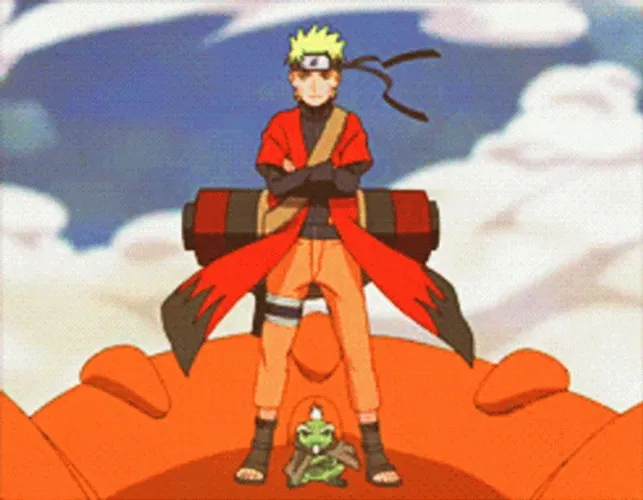
That note — that FWWM would inform the new batch of Twin Peaks episodes — was the warning shot. The resulting catastrophe is TP: TR, (thus far) four befuddling hours of catastrophically bad TV infused with some superb moments of horror, the abstract and the surreal, and a few glimmers of the zippy charm that made OG TP such a hit.
Well-known for its bizarre cluey phrases, TP: TR gives us a new one, uttered by One-Armed Mike in the Black Lodge: “Is it future or is it past?” TP: TR is indeed straddling a (seemingly grudging) desire to do fan service by returning to much-loved storylines that Lynch and Frost left untethered in OG TP, while also expanding the world of Twin Peaks out beyond its perceived borders.
We’re no longer just hanging out at the RR Diner or the Bang Bang Bar in the torrid town of Twin Peaks — which still populated by paunchy versions of yer faves Lucy, Andy, Hawk, James, Shelly, the brothers Horne and the beloved Log Lady (a very ill, sob-inducing Catherine Coulson, who recorded her scenes just before she lost her battle with cancer). There’s now also a glass box hanging high among the skyscrapers in New York City. It’s manned by an excessively creepy Ben Rosenfeld and his poor, unsuspecting boo Tracey (#RescueTracey). There’s also a mysterious man in Las Vegas, Mr Todd, and his minion Roger, who at this stage don’t feel particularly essential (which I’m certain is ~on purpose~).
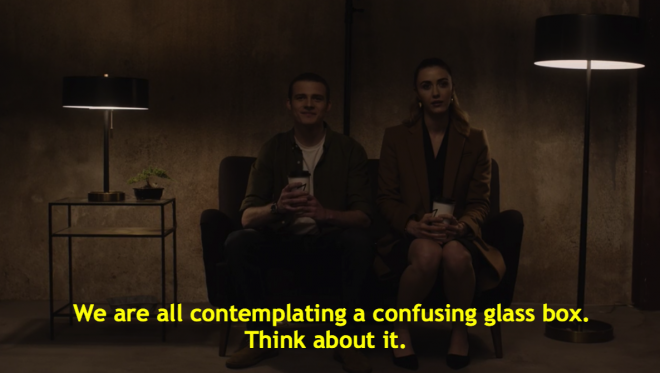
And there’s the distinctly unpleasant town of Buckhorn, South Dakota, where Bill (the wonderful Matthew Lillard) is accused of a gruesome (BOB-like) murder by some pretty incompetent cops, while his Awful Wife Phyllis (who I am obsessed with) is always complaining that “the Morgans are coming to dinner”. They are both, of course, Having Affairs because there are no couples in the Twin Peaks universe who are not Having Affairs.
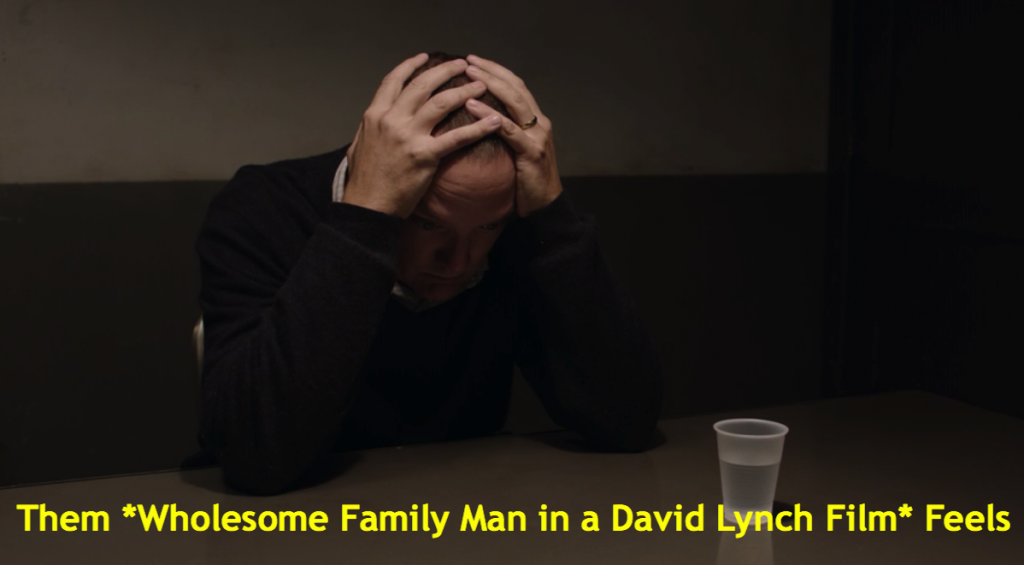
But what of the good Agent Dale Cooper (Kyle MacLaughlin), our star, who was last seen trapped in the Black Lodge while his evil doppelgänger, Mr C. (Kyle MacLaughlin) roamed free, smashing his face into mirrors and whatnot?

Totally. Normal. Behaviour. For. An. Evil. Doppelgänger.

Welp, Mr C is still roaming around stirring shit, and sporting a super dreadful hair cut that is The Look in my opinion. The wig mixed with the freakishly young-looking face of Kyle MacLachlan create a pretty menacing visage.
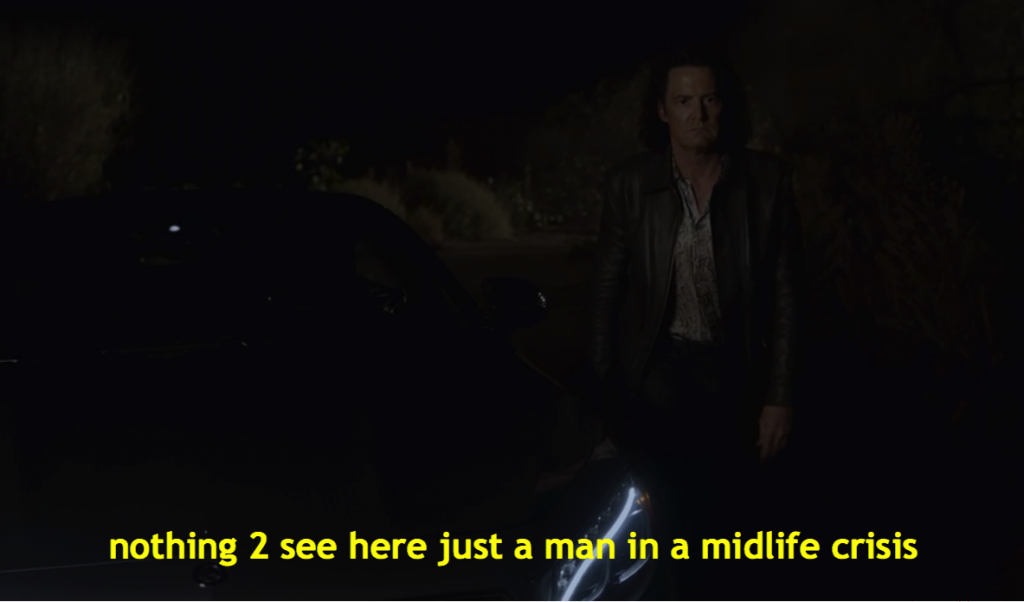
He spends some time in a log cabin with a man who is almost definitely drinking his own urine out of a mason jar, then he heads out on the road in South Dakota, causing havoc and murdering attractive young women he is also sexing. Because, gosh darn it, it ain’t David Lynch if a woman men desire isn’t being killed in an unnecessarily brutal manner.
So far I’ve counted two: two desirable women killed in an unnecessarily brutal manner #RescueTracey #RIPTracey.
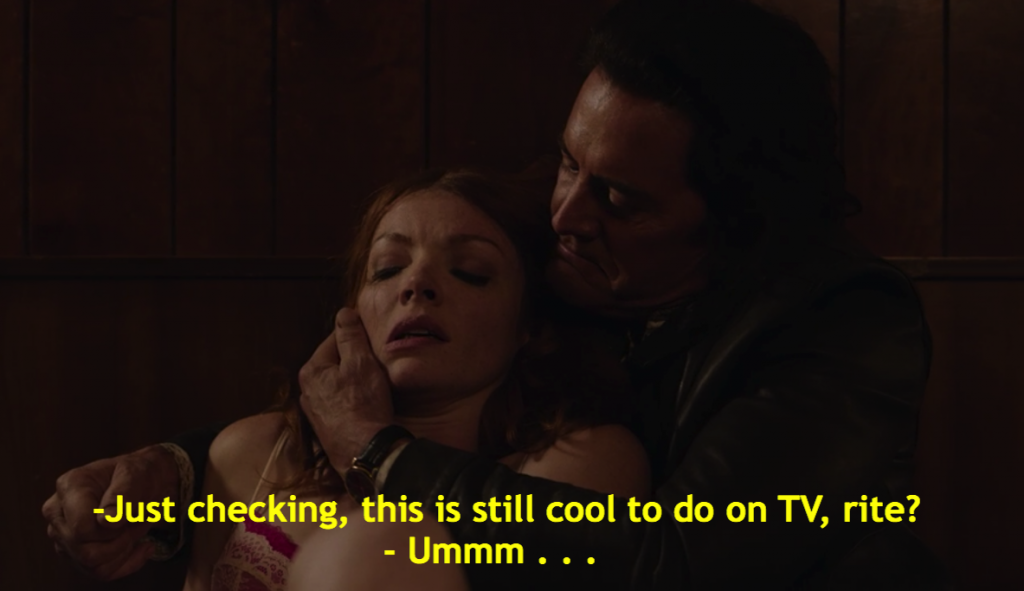
As for the Good Coop, he’s still stuck in the Black Lodge with One-Armed Mike, the enigmatic giant (who, we have gleefully discovered, is named “???????”), the doppelgänger of Laura Palmer (Sheryl Lee, looking certainly older, but still able to conjure that sweet nightmare of a teen girl smile), and the evolution of The Arm, who is now a Goo Tree, and also my favourite character on television ever.
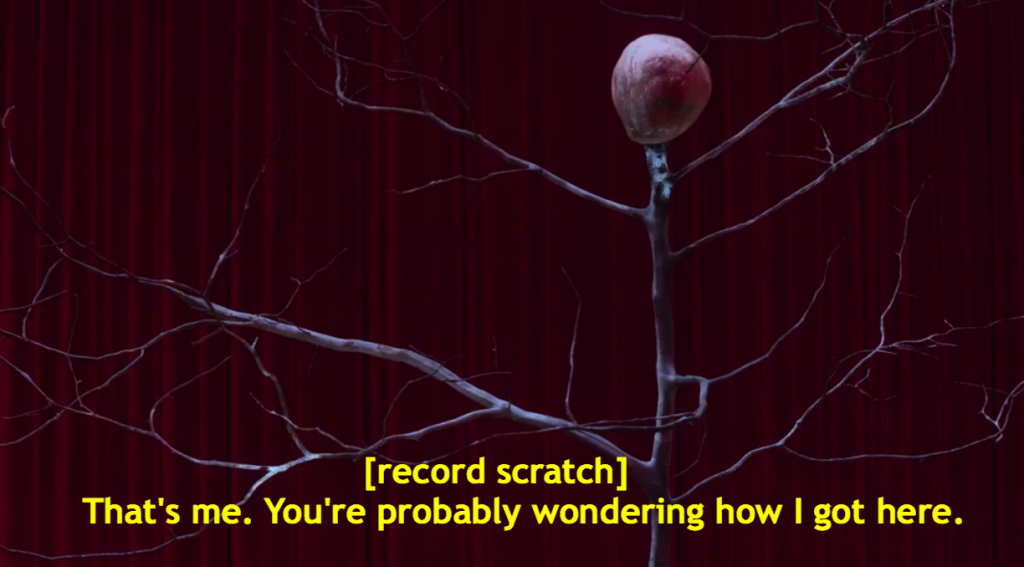
The main thread seems to be this: the Good Coop is stuck in the Black Lodge until Mr C can be returned there. It’s not totally clear what Mr C is up to, but it seems like the folk at Twin Peaks Sheriff Department will have to help get the Good Coop out, using the cryptic clue given to Hawk by the Log Lady. The clue — “something is missing” can only be solved by Hawk using his “heritage”, and of course the assistance of bumbling duo Lucy and Andy. PS, you guys, OLD ANDY. <3
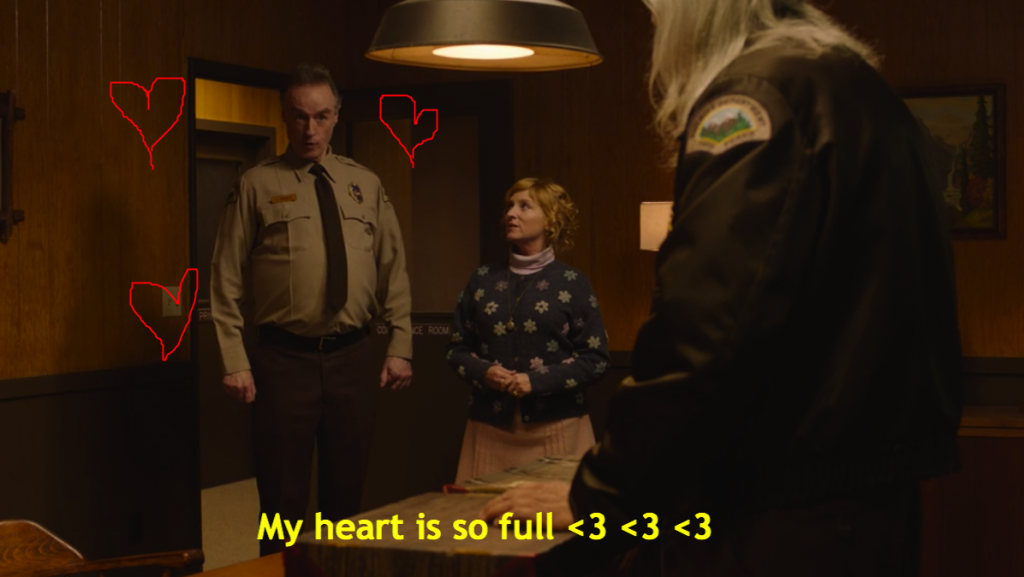
However, other than that, not a whole lot is clear just yet. That is fine! We’re just at the beginning. Or, it would be fine if the premiere wasn’t so dang difficult to plod through.
(Avoiding) Drawing Conclusions
This two-part premiere is janky, out-of-step and deliberately frustrating; it’s David Lynch at the absolute limits of palatability. He deliberately draws some scenes out past their natural-feeling conclusions, while others he cuts off just when things are getting interesting. Unlike the OG TP, this one has an almost complete absence of non-diegetic sound (none of the wonderfully soap-operatic score that Badalamenti deftly composed back in the ’90s), as well as almost oppressively slow comedic and dramatic rhythms.
Everything is out of whack, and while I’m sure that’s a very deliberate choice on Lynch’s part, it doesn’t make for enjoyable viewing, no matter how much a fan you are of Lynch’s artistic eccentricities.
Still, this is merely the opening strains of an 18-part opus, so I have ~some~ hope that Lynch will tie these disparate parts together in a way that creates, at least, a wholistic spirit or theme on which these new episodes are meditating. It’s all very well to be out-there — true connoisseurs of Twin Peaks have always revelled in the inaccessibility of the series — but the brilliance of OG TP, throughout the first season and through smatterings of the second, was its ability to deftly juggle the weirdness with the show’s marked points of accessibility.
OG TP had these ingenious creative plays on existing genre — gruesome horror, slapdash silver-screen sci-fi, the small-town melodrama, zippy slapstick comedy and the romantic soap opera — as well as defining a totally new genre of its own. It chugged along with the vim and vigour of the 1930s pratfall comedy, set to the irresistible rhythmic energies of beatnik jazz. That is sadly completely absent in this new outing.
There’s the general sense of entitlement that Lynch has, which has been fostered by establishment critics (most of them male) and smug fanboys.
The original also had loveable characters (like Audrey, or Sheriff Truman, or Lucy) and loveably hateable characters (like Bobby, or Ben Horne, or Nadine), but most importantly it centred on the sunny, gentle lead performance of Kyle MacLaughlin as Coop. There’s plenty of Coop in this new outing, just not the Good Coop we know and love. There are also some new characters (like Lillard’s hapless Bill) we might feel as if we could get to love (or love to hate). But amid the muck of Lynchian “freedom” (i.e. incomprehensible and unwatchable sound and fury), it’s hard to latch onto anything offered up in this series opener.
Then there’s the general sense of entitlement that Lynch has, which has been fostered by establishment critics (most of them male) and smug fanboys, to ignore the way television has changed and grown — not just in style but also in attitude. TV creators now know they have a duty of care to their audiences; shows like The Leftovers and Hannibal (both masterworks riffing off what Lynch put down in OG TP) are out-there, they’re gory and dark and sometimes horrific. They’re often incomprehensible and flagrantly obtuse. But they’re always, always engaging and balanced by *some* accessibility. That’s what keeps viewers there, even when there are epic disemboweling scenes involving Italian balconies (as in Hannibal), or lion/human orgies on the Queenscliff ferry (as in The Leftovers).
They also understand, as all but the most self-serving TV creators now do, that TV has a duty of care to the culture in which it resides, and which it influences. It’s no longer very interesting, or edgy, to trot out the “dead girl trope” (arguably a trope Lynch himself created in the OG TP), or to revel in the gratuitous brutalisation and objectification of women’s bodies. But Lynch does not care, and he will get away with it because the establishment and his Promised Land of True Believers says so.
Perhaps Lynch has forgotten how to make television — a medium he moulded in the ’90s by, seemingly at least, understanding the “rules” (if there are any) and bending them to suit his purpose. Maybe he never knew, and Twin Peaks‘ first season was a mere flash in the pan followed by a slow gurgle down a grotty drain?
Either way, I’m itching to see how this hot mess plays out.
Stream of Consciousness
- If you were wondering where ya boi Dr Jacoby (Russ Tamblyn) is, he’s hanging out in a forest shanty unpacking shovels from a truck.

- Because of Mädchen Amick’s instantly iconic turn in Riverdale, she is no longer Shelly Johnson, but simply Alice Cooper transported from Doc’s to the Bang Bang Bar. Makes total sense if you really think about it.
- The Bang Bang Bar is to Twin Peaks: The Return as the Bait Shop was to The O.C.
- Quote Of The Premiere (possibly Quote Of The Millennium): Alice Cooper wistfully sighing, “James is still cool. He’s always been cool.”
- Did you know that both Dr Jacoby (Tamblyn) and Ben Horne (Richard Beymer, who has aged terrifyingly in the past 25 years) are West Side Story alums? This is nothing to do with TP: TR really, except that it is essential information for all our lives.

–
The first four eps of Twin Peaks are on Stan now. We’ll be recapping the third and fourth in the next couple of days and the fifth when it’s released on Monday.
–
Matilda Dixon-Smith is Junkee’s Staff Writer. She tweets at @mdixonsmith.

